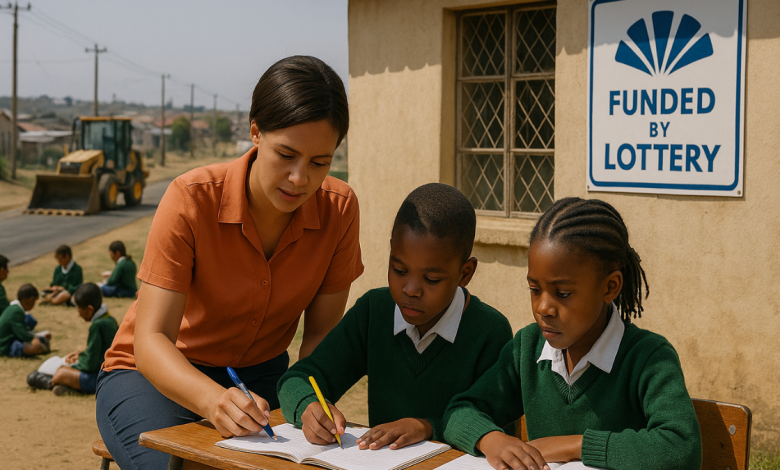The Role of Gambling Taxes in Funding Public Services

In South Africa, people often overlook the role of gambling taxes in funding public services, yet this revenue plays a vital part in supporting education, healthcare, infrastructure, and community projects. As the gambling industry grows, it contributes more each year to improving lives across the country.

ALSO READ: How Gambling Contributes to Gauteng’s Economy
Gambling Industry Drives South Africa’s Economy
The South African gambling industry generates billions of rands annually. In the 2022/23 financial year, it produced over R36 billion in gross gambling revenue (GGR), according to the National Gambling Board (NGB) (NGB Annual Report). Casinos, sports betting, lotteries, and online platforms all add to this total.
The government taxes this revenue heavily. These taxes fund essential public services that benefit millions of South Africans.
How Authorities Collect and Use Gambling Taxes
Government agencies collect gambling taxes at both provincial and national levels. Operators pay:
- Provincial gambling levies
- Value-added tax (VAT)
- Corporate income tax
- Licensing fees
The South African Revenue Service (SARS) and provincial gambling boards enforce tax collection and compliance (SARS Tax Guidelines). Authorities then allocate these funds to education, healthcare, infrastructure, and social development.
Gambling Taxes Boost Education
The National Lotteries Commission (NLC) uses lottery funds to support education. It finances school construction, classroom upgrades, and bursaries for disadvantaged learners (NLC Annual Report).
Provincial education departments also receive funding from gambling taxes. These funds help improve school facilities and offer training programmes nationwide.
Healthcare Benefits from Gambling Tax Revenue
Provincial health departments allocate part of their budgets, supported by gambling tax revenue, to hospitals and clinics. They purchase medical equipment, train healthcare workers, and upgrade facilities. While public records don’t always show direct spending on emergencies like COVID-19, gambling taxes contribute to overall health budgets (Eastern Cape Gambling Board Annual Report).
Infrastructure and Community Projects Receive Support
Government officials use gambling tax funds to build roads, clinics, and sanitation systems—especially in rural areas like Limpopo and the Eastern Cape. These projects improve living conditions and boost local economies (National Gambling Board).
Non-Profit Organisations Receive Grants
The National Lotteries Distribution Trust Fund (NLDTF) distributes lottery proceeds to non-profit organisations. In 2023, the NLC granted over R1.2 billion to groups involved in arts, culture, sport, and social development. These grants support feeding schemes, after-school care, and shelters for vulnerable people (NLC Annual Report).
Addressing Transparency and Accountability
Civil society organisations, such as Corruption Watch, expose mismanagement and corruption in lottery fund allocation (Corruption Watch). Government auditors and provincial gambling boards work hard to improve oversight, but they need more resources to ensure funds reach their intended targets.
Promoting Responsible Gambling
Gambling can harm individuals and families if left unchecked. To tackle this, the government dedicates some gambling tax revenue to responsible gambling campaigns run by the South African Responsible Gambling Foundation (SARGF). These programmes raise awareness, provide counselling, and offer treatment for problem gamblers (SARGF).
Suggestions to Improve Gambling Tax Use
Experts recommend that government bodies:
- Standardise gambling tax rates across provinces.
- Increase transparency in funding decisions.
- Use digital tools to improve tax collection and monitoring.
- Expand responsible gambling initiatives
Implementing these steps could increase government revenue and improve social outcomes.
The role of gambling revenue in funding public services plays a crucial part in South Africa’s development. From schools and hospitals to roads and community projects, gambling tax revenue supports many sectors. By improving transparency and promoting responsible gambling, authorities can maximise this revenue to benefit all South Africans.




